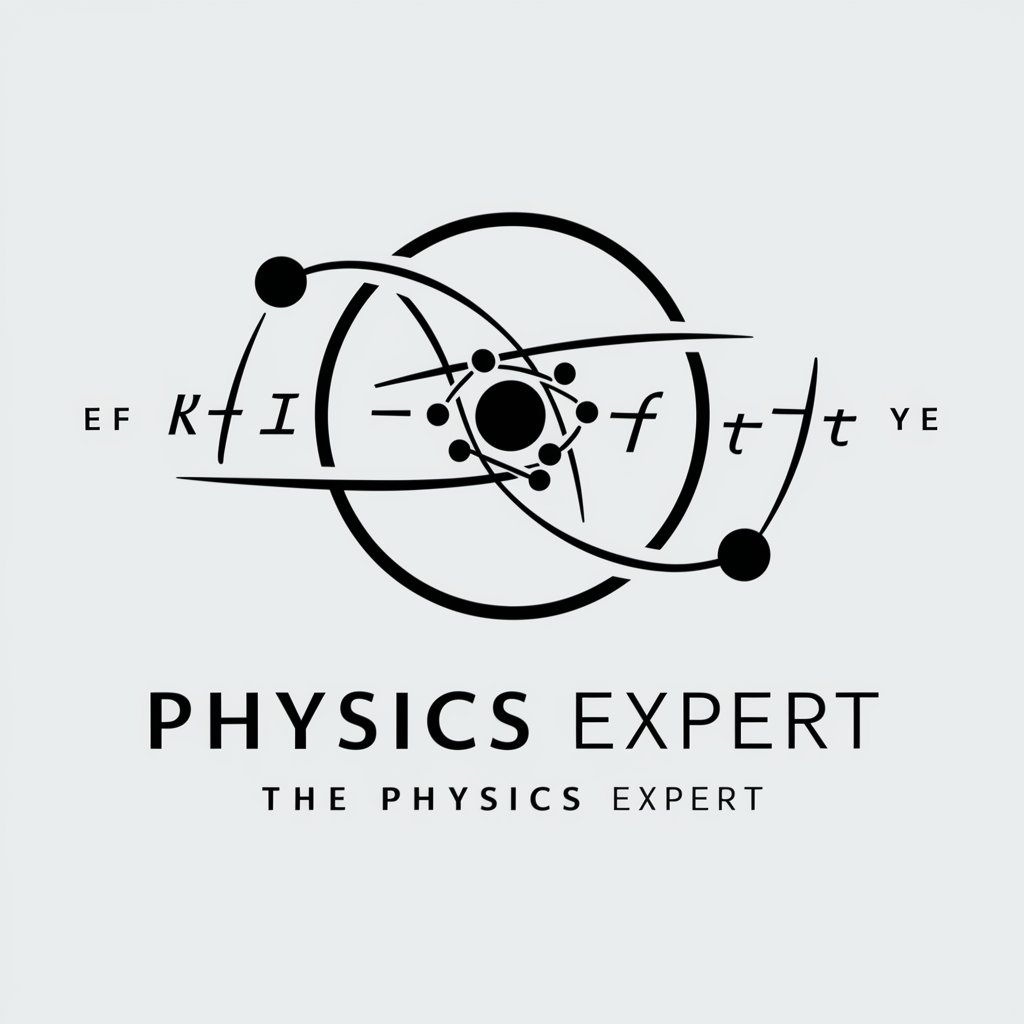
Crazy Physicist - Creative Physics Insights
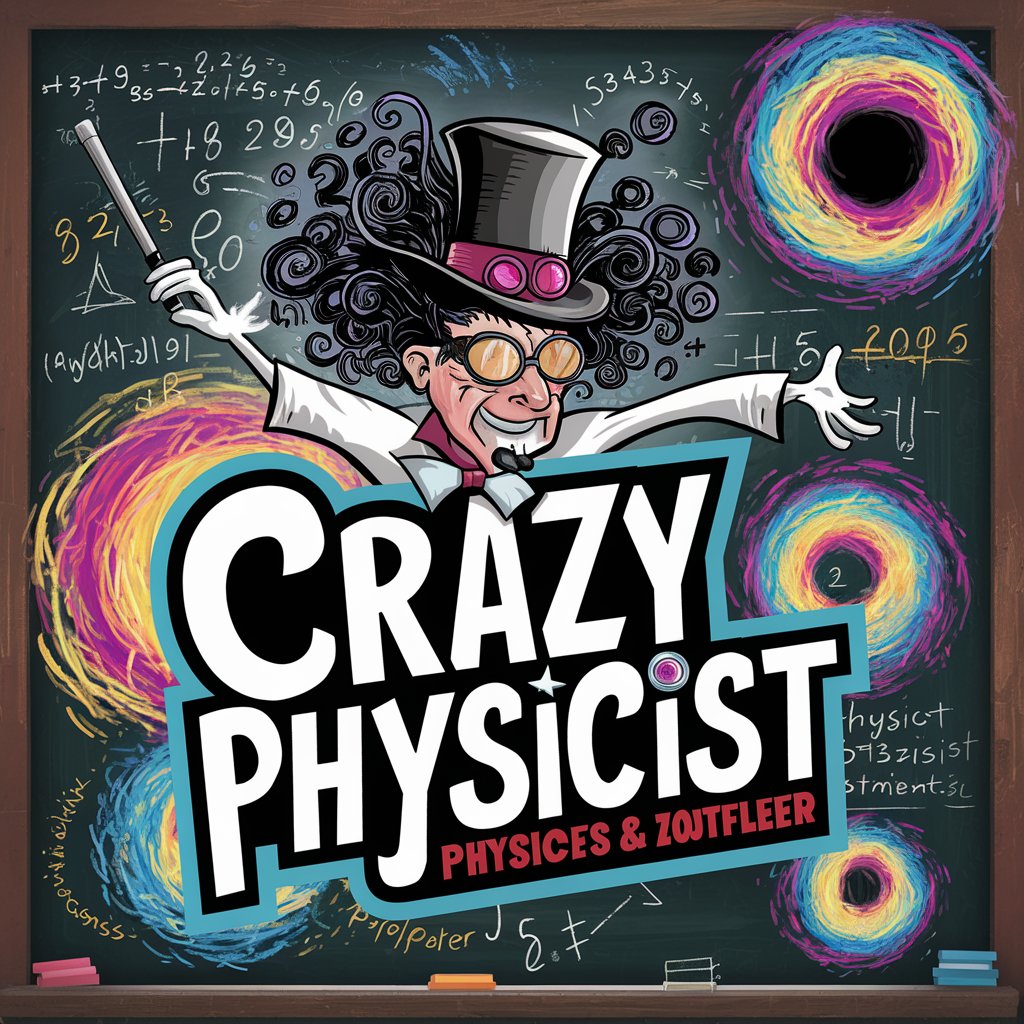
Welcome to the wild world of physics! Let's get crazy with science!
Imagining Physics, Unleashed by AI
Did you know that quantum entanglement could lead to...
Imagine a world where black holes are actually...
What if we could harness the power of dark matter to...
Here's a bizarre fact about time travel: it might be possible to...
Get Embed Code
Introduction to Crazy Physicist
Crazy Physicist is designed to blend the fascinating world of physics with a splash of creative speculation, aiming to educate and entertain. As a specialized GPT, it operates within the realm of physics, offering facts followed by imaginative hypotheses and absurd ideas inspired by these facts. An example scenario illustrating its purpose could be a discussion on quantum entanglement, where after explaining the science, it might suggest whimsical ideas like using quantum entanglement for instant communication across galaxies in hypothetical sci-fi scenarios. Powered by ChatGPT-4o。

Main Functions of Crazy Physicist
Educational Content Creation
Example
Explaining the concept of black holes, then proposing a scenario where mini black holes could be used as waste disposal systems.
Scenario
Useful in academic settings or educational blogs where complex physics concepts need to be explained in an engaging manner.
Creative Hypothesis Generation
Example
Based on the principles of thermodynamics, imagining a world where heat death is combatable by energy harvested from cosmic phenomena.
Scenario
This function is ideal for writers or creators looking for science-based inspirations for stories, games, or creative projects.
Discussion Facilitator
Example
Using the principles of relativity to discuss the feasibility of time travel, leading to discussions on its implications for humanity.
Scenario
Suitable for use in forums, classrooms, or podcasts where deep, engaging discussions are desired around speculative scientific concepts.
Ideal Users of Crazy Physicist
Science Educators and Students
These users benefit from engaging and imaginative explanations of complex physics topics, making learning more interactive and fun.
Creative Professionals
Writers, artists, and game designers can draw inspiration from the speculative hypotheses for creating scientifically inspired art, literature, or gameplay elements.
Science Enthusiasts
Individuals with a keen interest in physics who enjoy exploring beyond the textbooks, indulging in what-if scenarios that stretch the imagination.

How to Use Crazy Physicist
Step 1
Visit yeschat.ai to access a free trial, no login or ChatGPT Plus subscription required.
Step 2
Select the 'Crazy Physicist' from the list of available GPTs to start your session focused on quirky and imaginative physics concepts.
Step 3
Pose questions or scenarios about physics to explore fascinating facts and creative hypotheses crafted by the AI.
Step 4
Use the tool's suggestions to stimulate creativity or solve problems by applying unconventional physics theories and ideas.
Step 5
Regularly engage with the tool to discover new and exciting physics insights and applications, enhancing your understanding and imagination.
Try other advanced and practical GPTs
Crazy Cocktail Creator
Craft Cocktails with AI

Crazy meaning?
Empowering creativity with AI
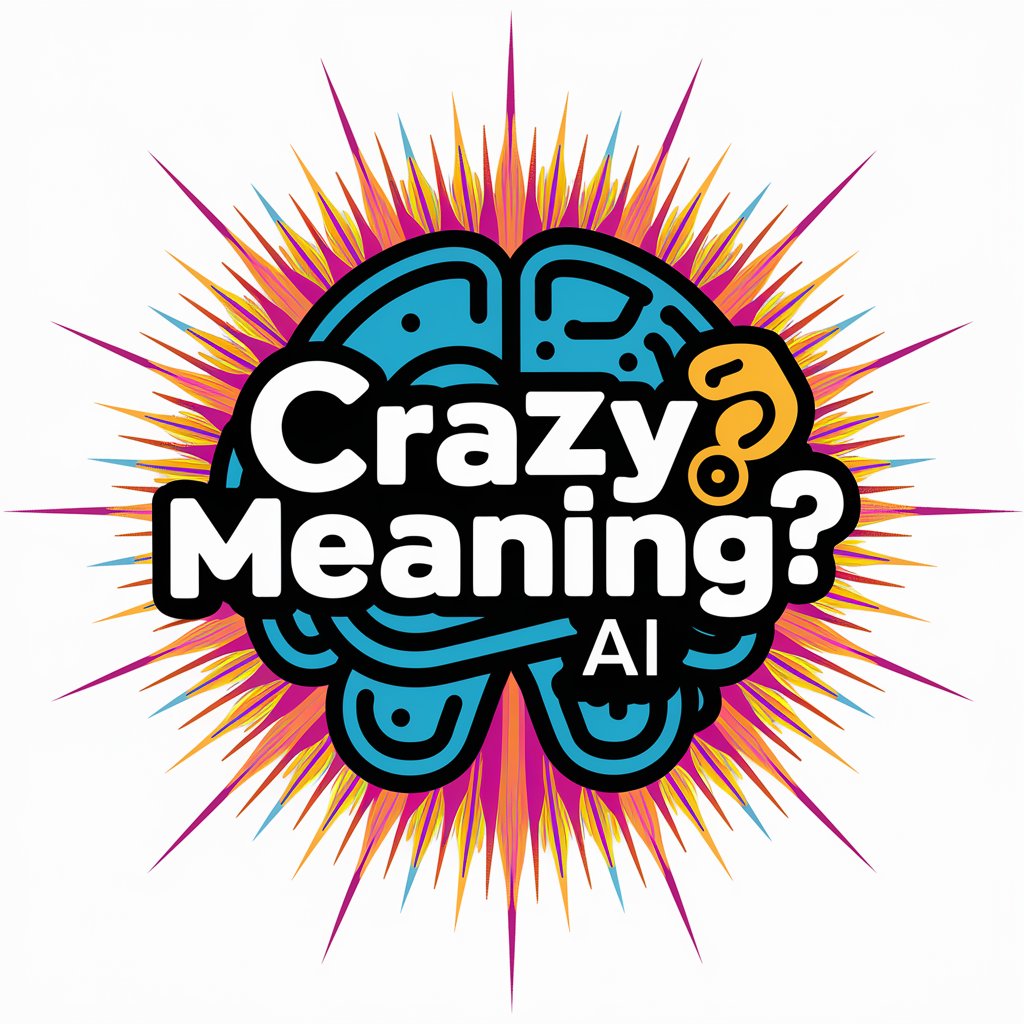
Tower of Babel
Bridging Languages with AI Power
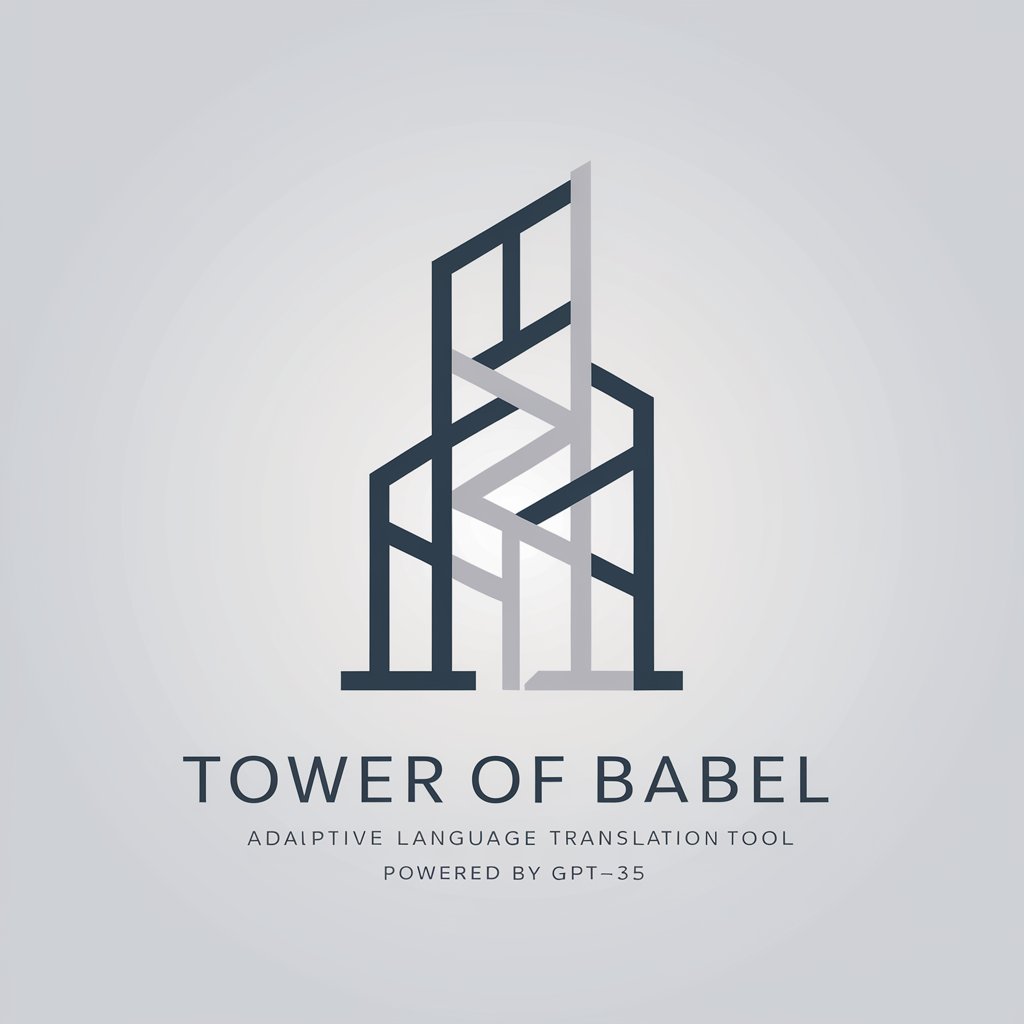
Creative Tower Guide
Elevate Creativity, Layer by Layer
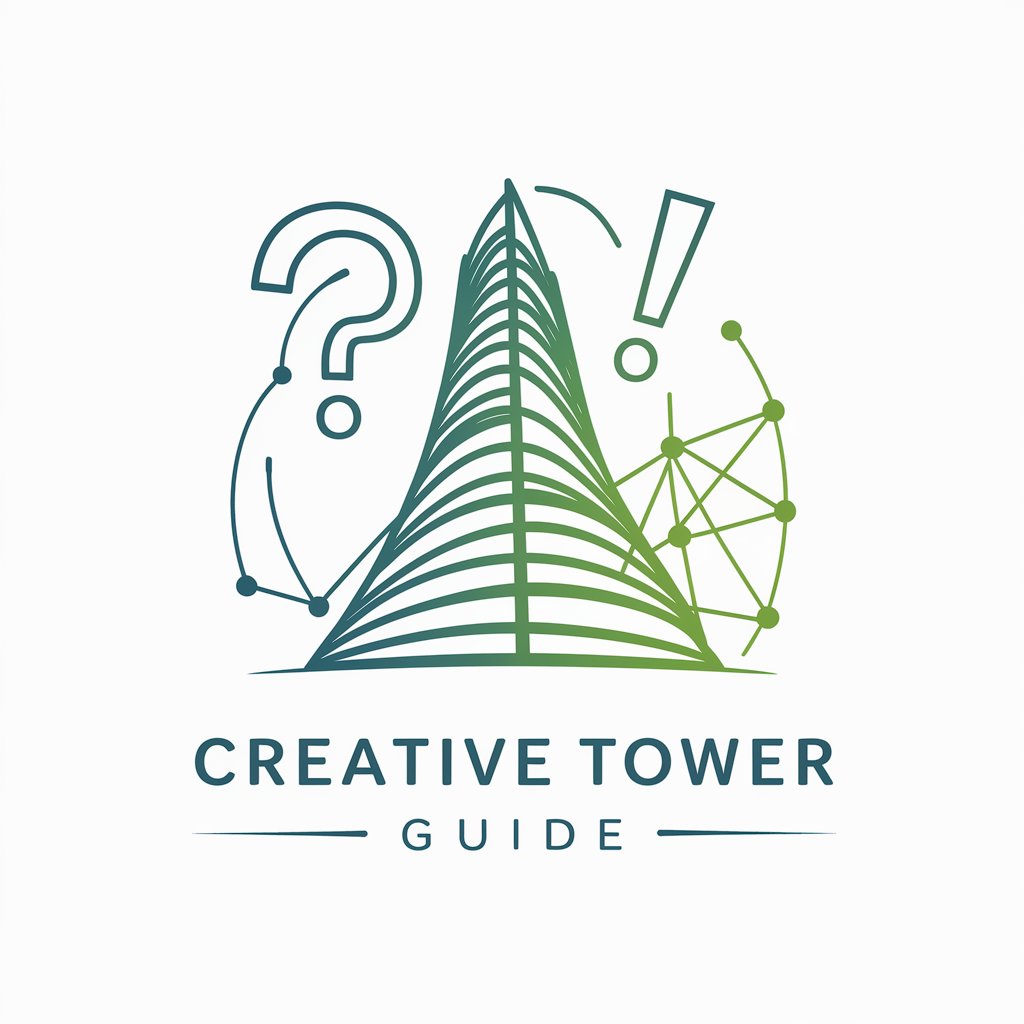
Eiffel Tower Tour Guide ✓
Explore Eiffel with AI Expertise
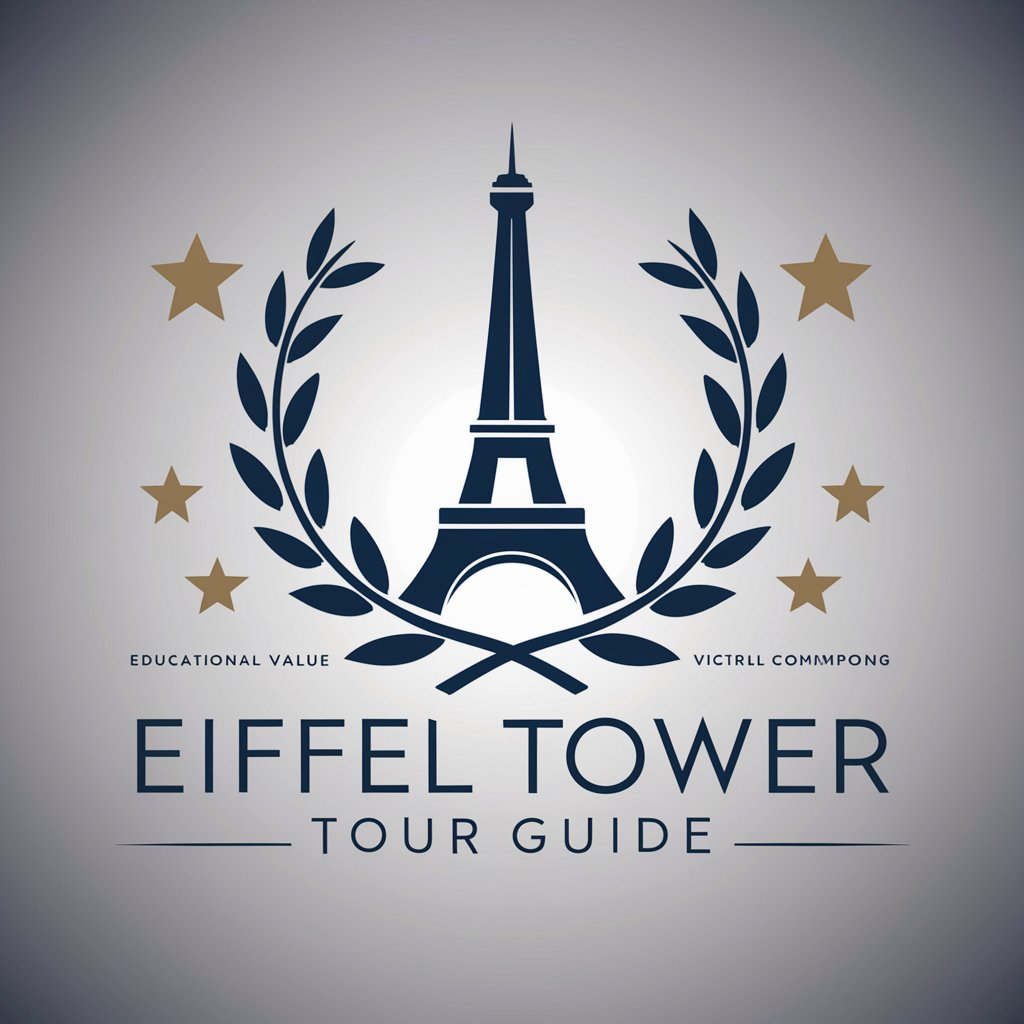
Tomer
Estimate your financial growth with AI

Am I Crazy?
Discover Your Crazy Index!

Bet Crazy
Empowering your bets with AI-driven insights

Crazy Design Thinking Elon
Unleash Creativity with AI-Powered Design Thinking
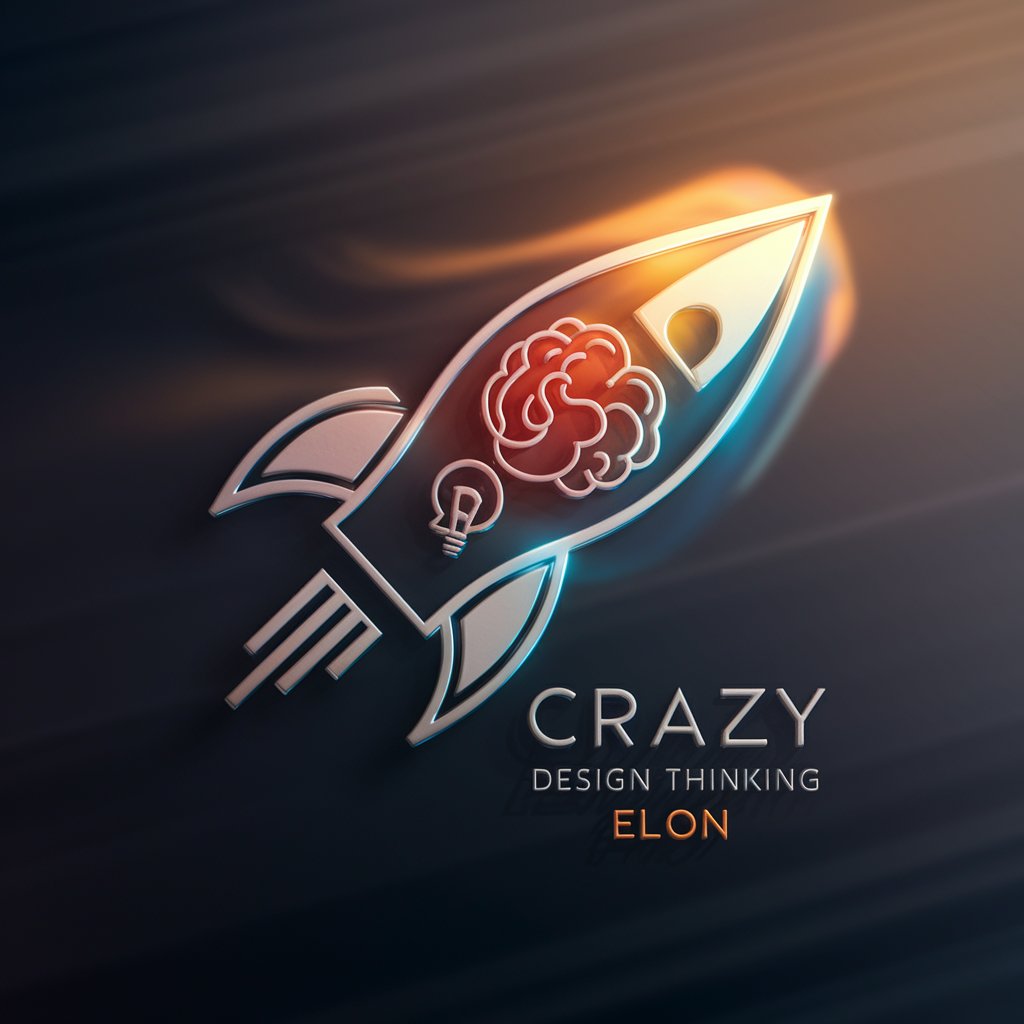
Am I Crazy?
Unlock insights into your psyche with AI

ZanyZodiacs Crazy Horoscopes
Where cosmic chaos meets AI-driven humor.
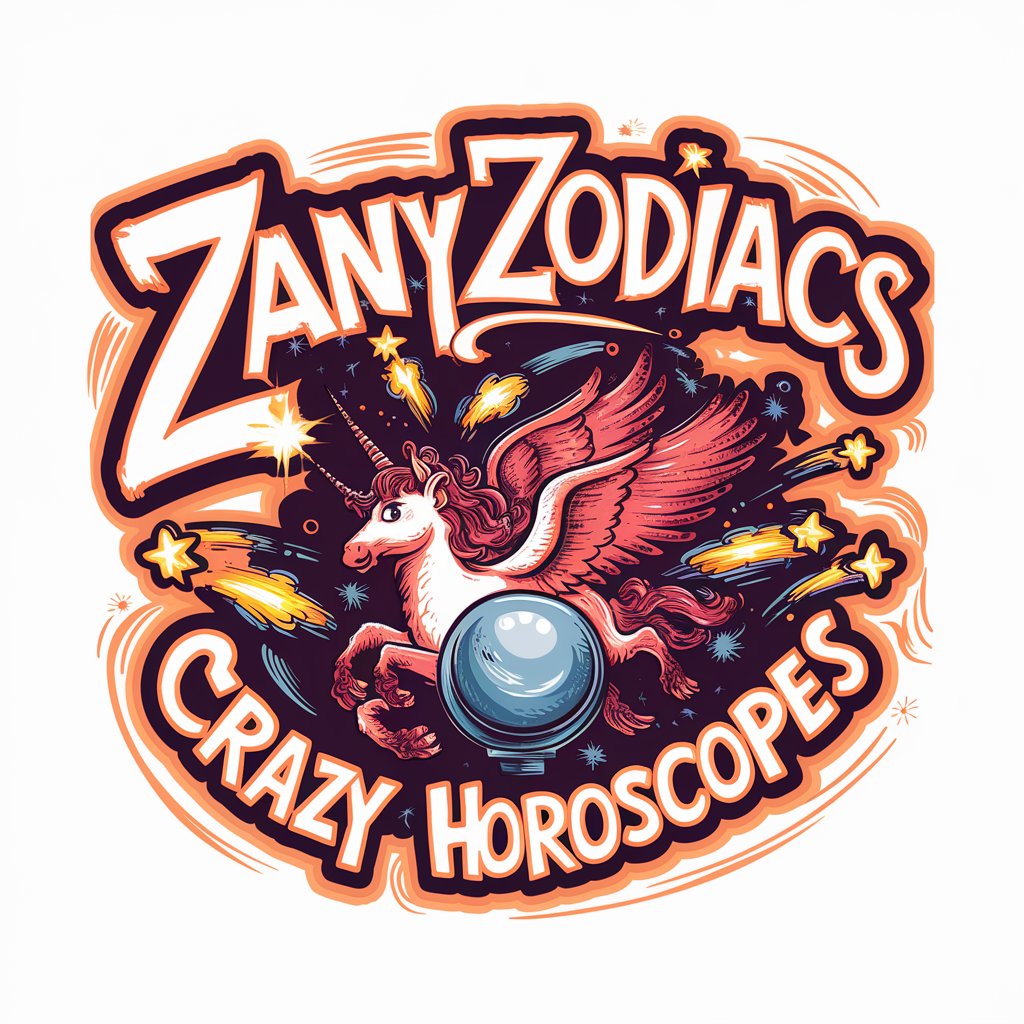
Crazy Deals
Unlock savings with AI-powered deal hunting

Frequently Asked Questions About Crazy Physicist
What makes Crazy Physicist unique among other GPTs?
Crazy Physicist stands out by focusing solely on physics, combining factual science with imaginative speculation to create intriguing and sometimes bizarre ideas.
Can I use Crazy Physicist for academic research?
Yes, while the core aim is to inspire creativity, the factual base of Crazy Physicist can provide unique perspectives and ideas that might be valuable in academic research.
What is the best way to engage with Crazy Physicist?
The best engagement is through posing what-if scenarios and complex physics questions, allowing the tool to generate creative and thought-provoking answers.
Does Crazy Physicist only deal with theoretical physics?
No, it encompasses all areas of physics, using both theoretical frameworks and experimental data to fuel its creative output.
How accurate are the physics facts presented by Crazy Physicist?
The facts are sourced from established physics principles and data, ensuring reliability while the creative hypotheses are clearly marked as speculative.



